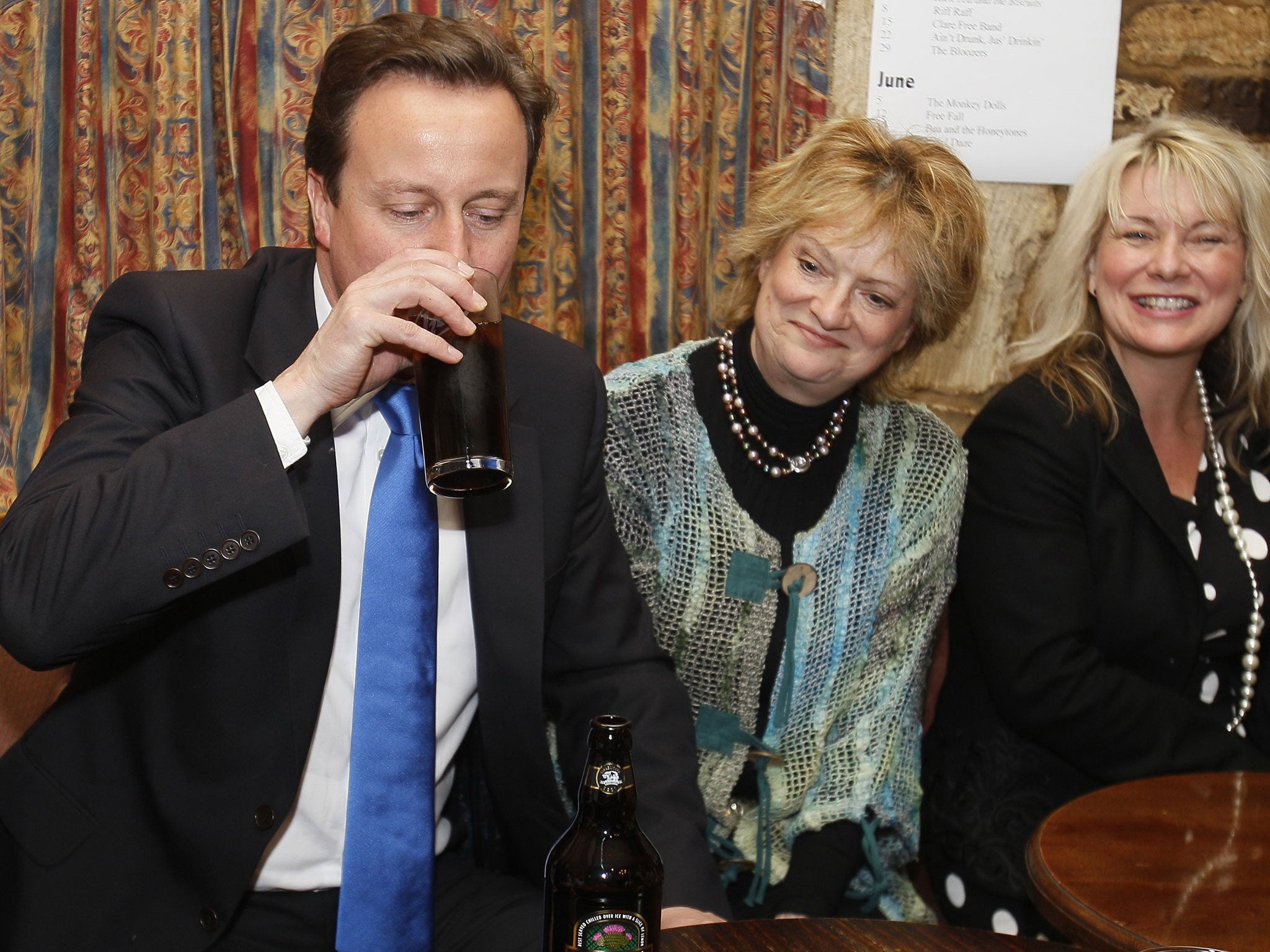The 'unhealthy' drinking culture of MPs isn't a private matter - it also impacts on public policy
Parliamentarians are as oblivious to the health risks of drinking alcohol as the general public and we have to ask what effect this is having on the nation's health

Alcohol Concern’s survey of MPs, which showed that a quarter of parliamentarians believe that there is an unhealthy drinking culture in parliament, has received widespread coverage in today’s media, but there is a bigger story behind the headlines.
In designing the survey questions we deliberately used the word ‘unhealthy,’ rather than asking MPs if they believe their colleagues ‘drink too much’, because we wanted to understand the level of awareness among MPs about the health implications of regular drinking, both within Parliament and amongst the general population.
Interestingly, whilst a quarter of MPs believed that there was an unhealthy drinking culture in Parliament, they also said they were surprised or very surprised to learn that the average age of death from liver disease is 25 years younger than the average age of death from heart disease, stroke or lung disease. But that is the case.
At Alcohol Concern, we are only too aware that there is wide-spread under-appreciation of the health harms of alcohol misuse, not just in Parliament, as the survey shows, but more broadly. Most of us enjoy a drink and know that there is some level of risk if we over-indulge. But most people don’t realise (or perhaps block out the unwelcome thought) the relatively low level of intake at which the risks start to get serious. Unfortunately, it would appear that Parliamentarians are as oblivious to these risks as the general public and we have to ask what effect this is having on policy-making; is this why minimum unit pricing was missing from the Queen’s speech?
MPs also said that they would be surprised to hear that fewer than 6 per cent of people with alcohol dependence receive treatment. But once again, this is the case. This is a shamefully low treatment rate which has been stuck stubbornly at this percentage for some time, and we need politicians and local authorities to do everything within their power to increase access to treatment and support services for people with alcohol dependency.
I suspect that the MPs would have also been taken aback by some of the other unwelcome facts, such as liver disease being the fifth most common cause of death in England, one that could overtake stroke and coronary heart disease as a cause of death within the next 10 to 20 years. This depressing picture of increasing mortality from liver disease in England stands in direct contrast to that seen in other comparable European Union countries; France, Germany, Spain and Italy have all achieved steady declines in liver disease mortality rates over the past 20 years.
These examples from abroad demonstrate that alcohol consumption can be reduced through the introduction of tougher advertising and licensing regulations. Minimum unit pricing, despite the government’s apparent change of heart, is one key measure whose time has undoubtedly come.

Join our commenting forum
Join thought-provoking conversations, follow other Independent readers and see their replies